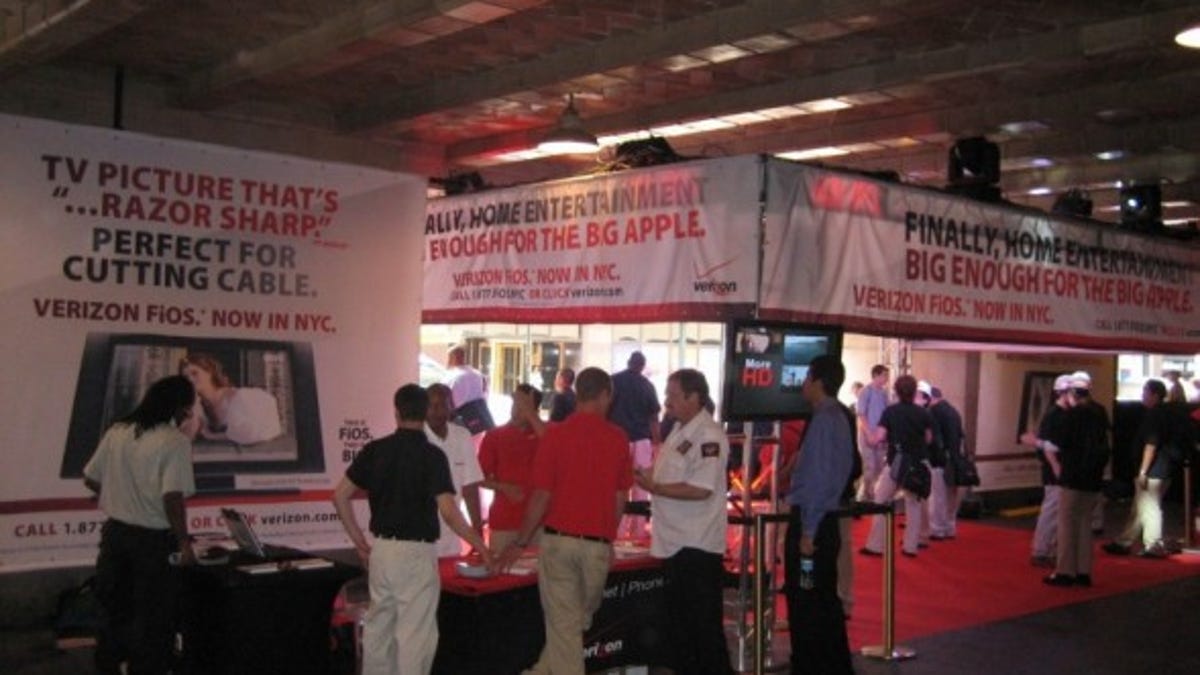Need speed? Verizon offers 300Mbps Quantum Internet service
The carrier bumps its fastest home Internet offering to 300 megabits per second, which should satisfy even the most hardcore user.

Verizon continues to define speed when it comes to home Internet service.
The carrier already has the further reach when it comes to super-fast 4G LTE service on the wireless end, and is pressing its advantage on the fixed-line side with Fios and a new top-tier 300-megabit-per-second service. In addition, it is boosting nearly all of its other speed tiers.
While much of the telecommunication industry's focus has shifted to the wireless end, Verizon continues to press its landline servce, particularly after the massive investment in Fios, the all-fiber network that covers a large part of its territory. The service is largely offered bundled with its wireless and television service, and competes with the cable providers.
Lately, Verizon has run into critics who argue that its cross-selling agreement with the cable providers -- part of a deal in which Verizon acquires a large swath of spectrum from the cable companies -- means it will stop competing against them. Verizon has denied this charge.
The highlight of its new service is a standalone 300Mbps service, which costs $209.99 a month, or $204.99 with a two-year contract. The service is clearly designed to draw the attention of consumers -- few people actually need that kind of speed. Even the most intense gamers or small businesses would be fine with a slower connection.
Verizon is also offering new prices on its other options, which can be bundled with phone and television service. Its low-end 15Mbps bundle ranges from $99.99 to $149.99 a month, while "double play" packages of Internet and TV range between $84.99 and $129.99. The standalone Internet service costs $69.99 a month, or $64.99 a month with a two-year contract.
The faster 50Mbps costs $109.99 to $149.99 for a triple-play bundle, while the double-play bundle range between $94.99 and $134.99. The standalone service costs $79.99, or $74.99 with a contract.
The 75Mbps triple-play bundle costs $114.99 to $154.99, the double-play option ranges from $99.99 to $139.99, and the standalone Internet is $89.99, or $84.99 with a contract.
The fastest bundled option of 150Mbps costs $169.99 to $174.99 for a triple play, while the double play costs $154.99 to $159.99. The stand-alone service costs $99.99, or $94.99 on a contract.

